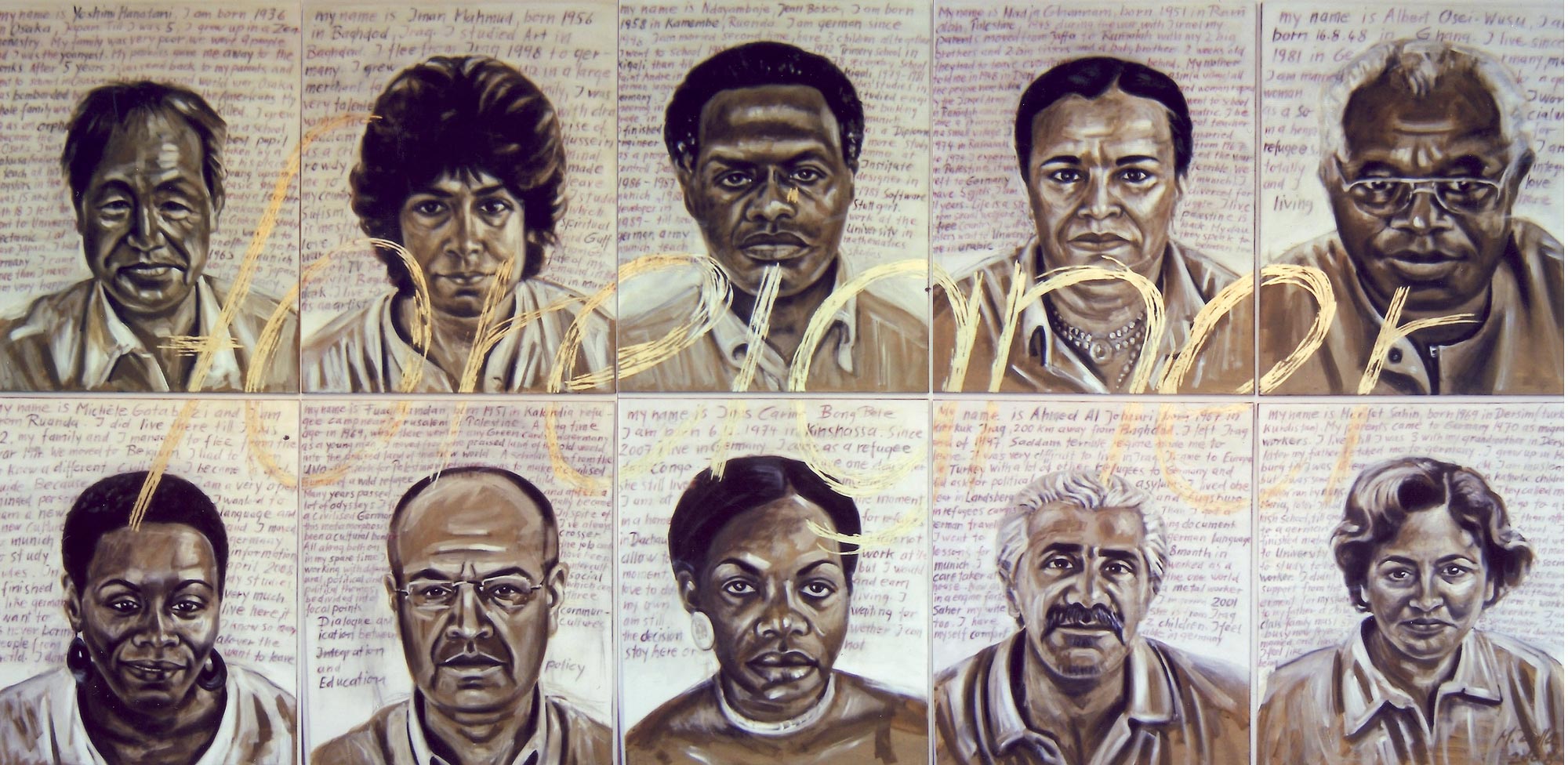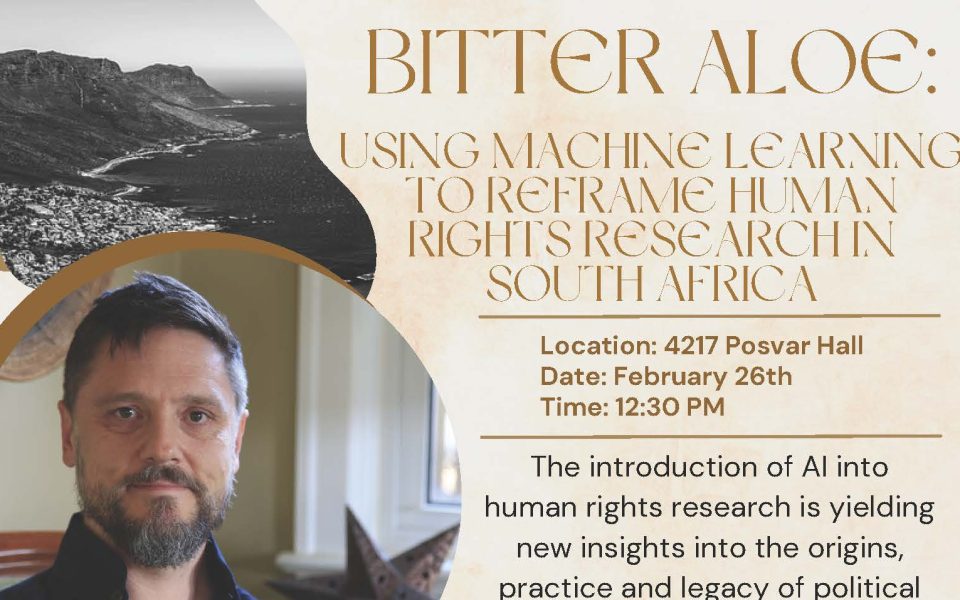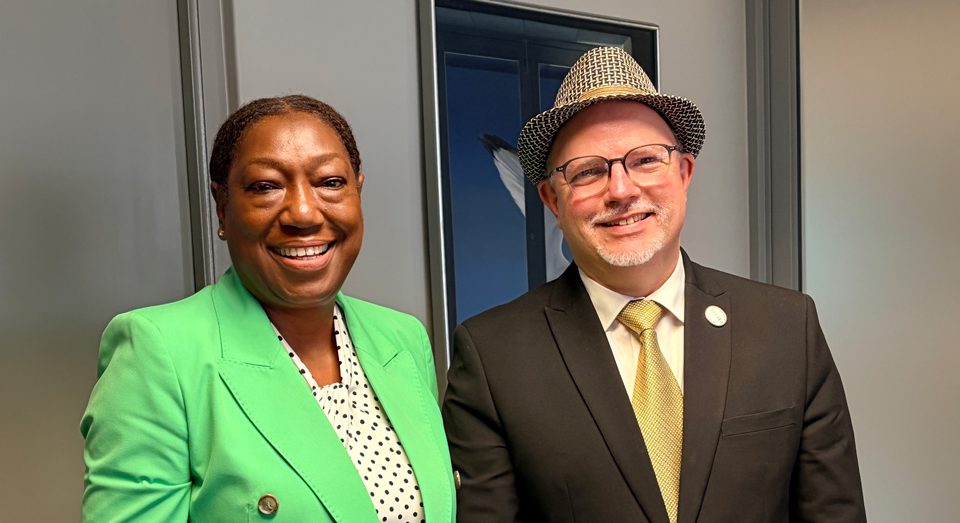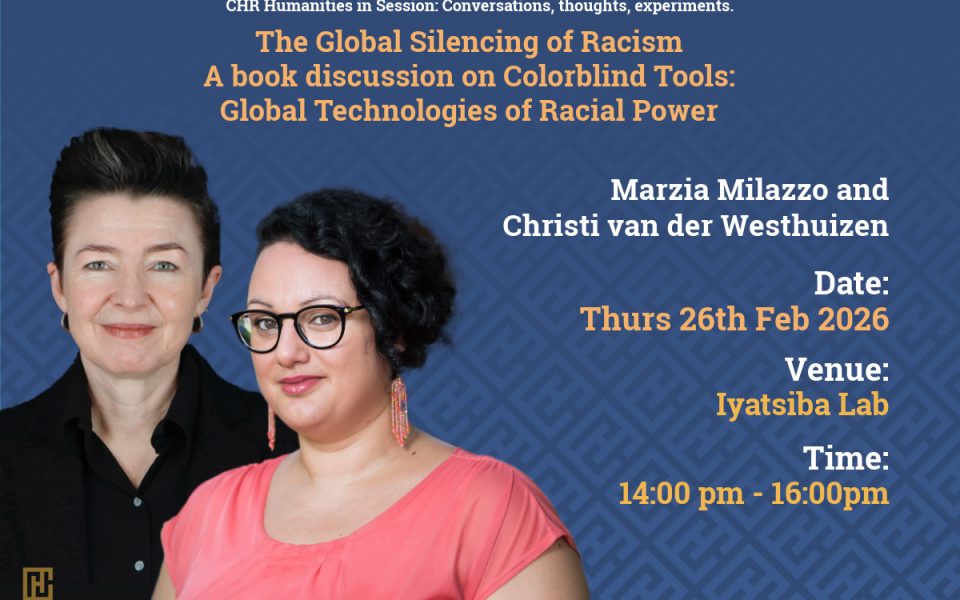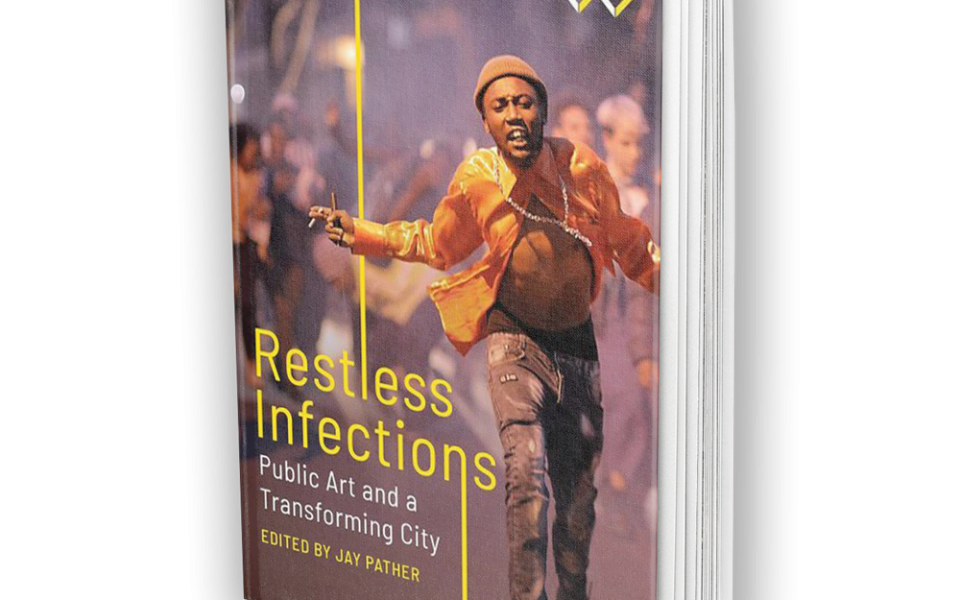Planetary Humanities for Planetary Knowledge: Toward a New Research Agenda
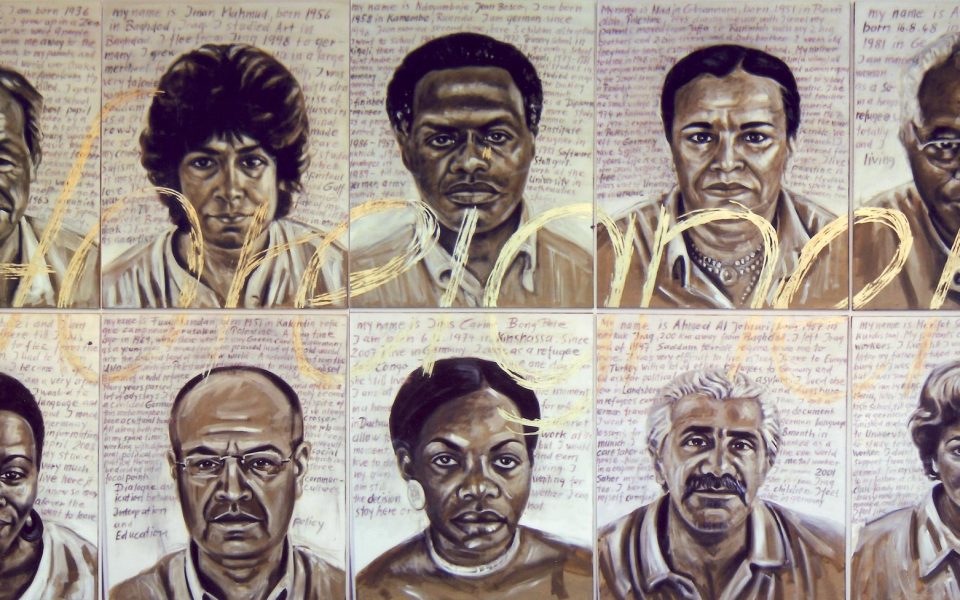
Foreigner by Manfred Zylla (CHR/UWC art collection)
The Planetary Humanities Workshop takes place on 2 and 3 December, 2022 in Cape Town
Building on the outcomes of an online meeting in June 2021, and a precirculated position paper, the Planetary Humanities Workshop’s aim is to identify the core questions that define the project, to clarify the fundamental concepts that ground it, and to develop strategies for continuing work.
The workshop is a collaborative project sponsored by the Centre for Humanities Research, UWC, the Social Sciences and Humanities Research Council of Canada, the Gerda Henkel Foundation, the University of Toronto Office of the Vice Provost International, the University of Toronto Critical Zones Project, and the University of Toronto Comparative Literature Department
For a full programme please see below link:
Aim of the workshop
Our aim in this workshop will be to identify the core questions that define our project, to clarify the fundamental concepts that ground it, and to develop strategies for continuing work. Our discussion will build on the outcomes of the June 2021 online meeting and the pre-circulated position paper.
Structure of the workshop
We will meet in four 3-hour sessions as follows:
Friday 2 December:
9:00-12:00. Introduction. The idea of an academy for planetary humanities
Introduced by Dominic Sachsenmaier and Bo Strath
Respondent: Nkatha Kabira
What are the central problems and what is the basic conception of an “academy” that can further the aims set out in the position paper? What are the main points arising from the position paper? What are the consequences for our understanding of historical processes? The role of the emotions and reason in public processes? How does this affect the task(s) of the humanities?
13:00-16:00. The humanities and the limits of institutionalized knowledge.
Introduced by John Noyes
Respondent: Premesh Lalu
How do we identify the historical complicity of dominant global knowledge systems with colonialism, imperialism, epistemicide, the obliteration of non-Western ways of knowing in the wake of Enlightenment? What alternatives to Western institutionalized knowledge exist in various places? How to re-introduce alternative and often ancient knowledge systems into humanities scholarship, without them being coopted to legitimize existing institutional structures or to shore up emerging nationalisms? How best to initiate and foster an equitable exchange of ideas across institutional boundaries, but also across the institutional wealth divide? What is the potential for universities to promote alternative forms and practices of humanities knowledge?
Saturday 3 December:
9:00-12:00. The humanities and global governance.
Introduced by Hagen Schulz-Forberg and Anna Triandafyllidou
Respondent: Sam Sadian
How do we actualize the potential for humanities research to inform a new planetary governance? In what ways does this involve a new planetary public, and what might such a public look like? How are advanced digital technologies shaping a possible ‘planetary’ governance and a planetary ‘public’? To what extend does this involve utilization of existing non-governmental and para-governmental forums, like think tanks, NGO’s, etc., and to what extent does it involve inventing new ones? How does the phenomenon of mass human migrationand of different forms of mobility (including digital mobility) impact on humanities knowledge? Is there a way to incorporate new forms of humanities knowledge emerging on the ground in migration? What would such knowledge look like?
13:00-16:00. Concluding discussion and the outlook for developing the initiative.
Introduced by Bo Strath
Respondent: Jacob Mapara
What have we learned from the discussions? How can we consolidate the ideas developed here to take the project forward?

